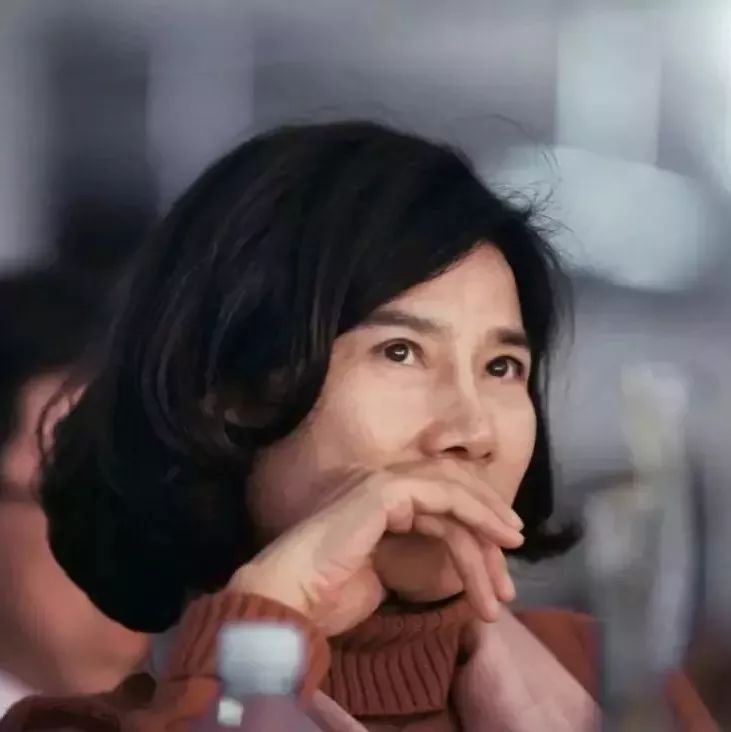正文
彼时,由旧金山直飞北京的航线拟定于1981年通航,却苦于内地当时没有任何一家企业有能力提供符合国际标准的航空配餐。
负责开通航线的美国泛美航空公司人员到北京考察后,提出航班在东京中途经停配餐的要求,被邓小平严词拒绝。他斩钉截铁地说:
“中途停站就不叫直航,北京一定要有自己的航空配餐。”
邓小平要求1980年5月1日之前一定解决航空配餐问题。
中国民航总局立刻着手与日本航空、北欧航空和新加坡航空等多家外资公司洽谈合作建立配餐工厂的事宜。但由于相关法律法规的空白,以及对方提出诸如优先升空权、高息高利等苛刻的不对等条件,谈判先后均告失败。
眼看中美直航的开通迫在眉睫,航空配餐问题却迟迟悬而未决,机缘巧合之下,时任新华社香港分社社长的王匡找到伍淑清的父亲伍沾德,其与兄弟伍舜德于1956年创办的美心集团,彼时事业如日中天,几乎将全香港五分之一的餐饮生意收入囊中。
The Chinese side needed a helping hand to tackle the burning question that presented a stumbling block to the restoration of regular flights between China and the US.
Wu believed it was the right time to do something for the motherland. She capitalized on her family’s extensive experience in the catering business to help airlines flying out of Beijing to deliver a selection of hot meals for passengers.
Wu and her father were next on a wearisome, 13-hour wearisome train-and-plane pilgrimage to Beijing for protracted talks with the Civil Aviation Administration of China (CAAC) in mid-1979.
怀着为祖国发展尽绵薄之力的朴素想法,时年31岁的伍淑清与父亲于1979年6月踏上了北上谈判的漫漫征途。
由于没有先例可循,谈判举步维艰。双方均一筹莫展,只能如邓小平所言那般
“摸着石头过河”
。当时,内地虽然开启了由封闭的计划经济向开放的社会主义市场经济转变的历史性征程,但计划经济思维的转变绝非朝夕之功,加之对现代企业制度不甚了解,双方在诸多问题上存在分歧,谈判的艰辛自是不必多言。

1979年,伍淑清(左二)一行人与中国民航总局负责人就航空配餐合作事宜进行通宵达旦的商议。
The negotiations moved slowly. Without a precedent, both sides found themselves virtually clueless and could only “cross the river by feeling the stones” — the famous saying Deng had coined to describe the process of learning as they go.
“With almost no knowledge of Mandarin, we used facial expressions, gestures and traditional Chinese characters written down on paper to communicate with the officials,” said Wu.“A person from the Beijing side knew a bit of Cantonese, and helped out as an interpreter.”
Those days, the Chinese government, with the whole existing legacy of a centrally planned economy that must be taken down, had exactly zero experience dealing with overseas investors. Wu had to translate the contract, letter of intent, and relevant clauses of corporate law in English that were commonly used in Hong Kong into Chinese for their reference.
经过6月份三轮无功而返的谈判,同年9月,中国第一部《中外合资经营企业法》出台,伍氏父女再度北上与民航总局展开谈判。随着1980年5月1日的期限日渐临近,时任民航总局局长沈图向伍沾德提出了先行购买设备做开业准备的“不情之请”。
在此之前,民航总局也曾与日本航空和新加坡航空商议过类似的“先有鸡蛋后有母鸡”的“君子之约”,均被对方予以拒绝。
不出30秒,伍沾德毅然应允,向沈图做出了郑重的承诺。
于是,双方在没有合同和委托书的前提下握手相约,伍家自掏腰包筹措到500万元港币,在1979年着实是一笔不菲的投资。由于彼时拥有设备的美德两国长期对内地实行销售封锁,伍家以香港的名义购买设备,经由香港运往天津港,再送抵北京。

1979年与时任中国民航总局局长沈图(左)向伍淑清(右)与父亲伍沾德(中)提出了一边等官方答复一边先行筹措资金的“不情之请”。
万事俱备,只欠东风。眼看到了1980年3月8日,仍然没有相关领导批复,心急如焚的沈图径直跑去见邓小平。
By March 1980, all the equipment had been installed and set for a trial operation. But, an official go-ahead still hanged in the air. When Deng eventually learned of this, he asked, “What does Mr. Wu do in Hong Kong?”
“Catering business,” he was told.
“Does he know how to make croissants?” asked Deng, who had lived and worked in France in the 1920s and reputedly developed a strong taste for croissants.





